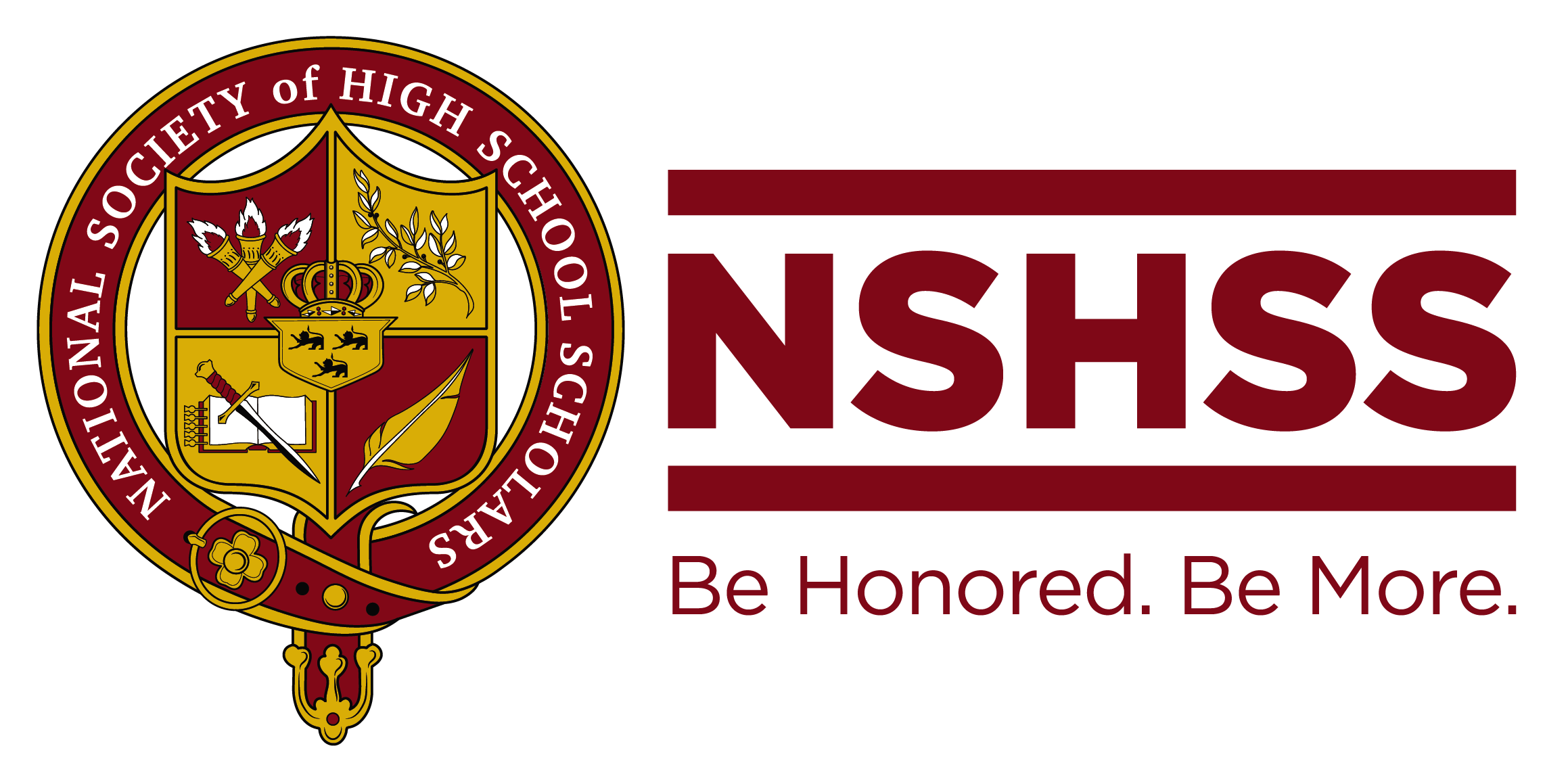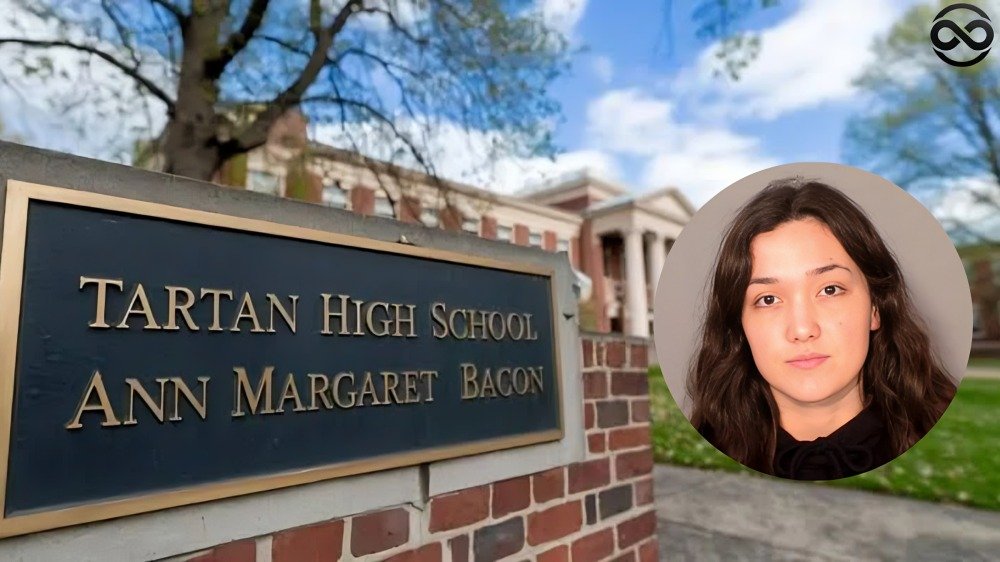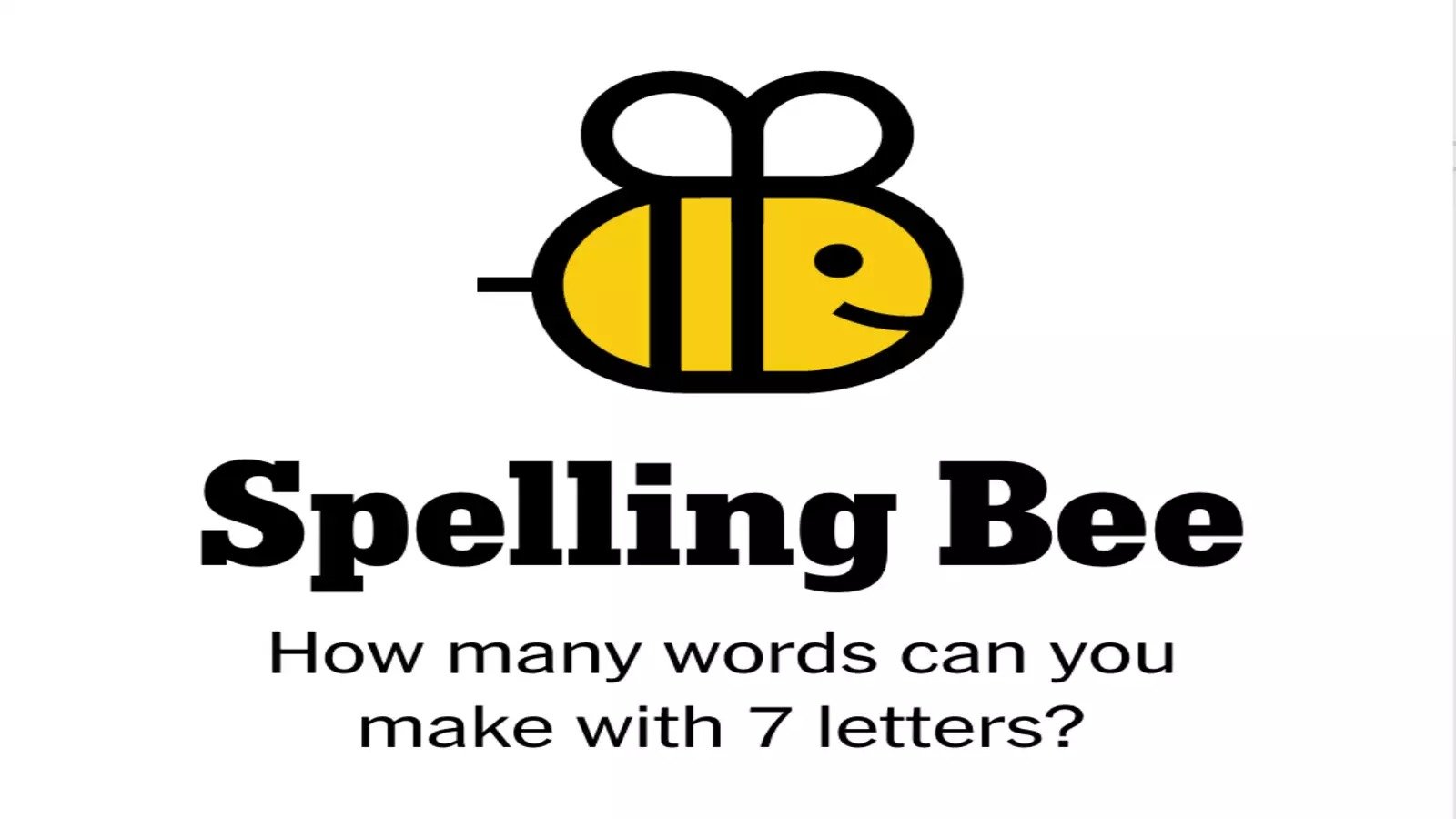Introduction to NSHSS
The National Society of High School Scholars (NSHSS Scam) is a recognized organization that aims to identify and promote academic excellence among high school students. Established in 2002 by James W. Lewis, the society was founded with the core belief that high-achieving students should receive formal recognition for their academic accomplishments and leadership potential. The organization seeks to provide a platform for motivated students who illustrate promise and determination in their educational pursuits.
NSHSS Scam asserts that it is committed to nurturing the future leaders of tomorrow. The organization claims it does this by offering a plethora of benefits to its members, such as scholarships, educational resources, networking opportunities, and access to a community of scholar peers. These features are aimed at equipping high school students to pursue higher education with confidence and support. Members are purported to gain insights into scholarship opportunities, college admissions processes, and connections that may prove invaluable during their academic careers.
Despite its noble mission, the NSHSS Scam has faced scrutiny and criticism, leading some to classify it as a contentious entity within academic circles. Concerns have been raised surrounding the legitimacy of its offerings and the extent of its recognition among educational institutions. This has resulted in a dialogue on whether the organization upholds its promise of enhancing the academic journey for its members or if it perpetuates a so-called “NSHSS scam” narrative. As educators, students, and parents navigate the landscape of extracurricular academic organizations, understanding the NSHSS Scam role is essential in determining its true value for aspiring scholars.
What is the NSHSS Scam?

The term “NSHSS scam” refers to the various allegations and criticisms directed at the National Society of High School Scholars (NSHSS Scam), an organization that claims to recognize academic achievement among high school students and offers opportunities for scholarships and college preparation. Critics argue that this organization, while providing some benefits, does not deliver what it promises, leading to accusations of misleading practices.
Some former members have voiced their discontent, stating that the membership fees, which can be perceived as substantial for a high school student, do not correlate with the benefits received. They argue that the scholarships advertised are often inaccessible or come with restrictive conditions, making it challenging for students to truly benefit from their membership. This sentiment has fostered discussions about the practicality and value of joining such an organization. Additionally, critics assert that the recruitment strategies employed by NSHSS Scam can be overly aggressive and that the criteria for membership lack clarity. Many students and their parents report feeling pressured to join based on the promise of prestige and scholarships.
Moreover, transparency regarding the operational aspects of NSHSS Scam, specifically membership fees and the overall structure of benefits offered, is frequently called into question. Critics emphasize the need for clearer communication about how the organization utilizes the funds collected from membership fees, as well as a detailed account of the scholarships provided and their respective eligibility criteria. This lack of transparency has led many to label the NSHSS as a profit-driven entity rather than a supportive academic society.
Overall, the allegations surrounding the NSHSS Scam reflect a concern amongst students and parents regarding the actual value provided by the organization versus its promoted benefits. These criticisms fuel ongoing debates about the legitimacy and purpose of the NSHSS, ultimately leading to the association of the organization with the term “NSHSS scam.”
Historical Context and Background

The National Society of High School Scholars (NSHSS Scam) was established in 2002 by Claes Nobel, a member of the family behind the Nobel Prize. Its primary mission was to recognize and inspire academic excellence among high school students while providing them with resources for college and career advancement. The organization quickly garnered attention by presenting itself as a prestigious society that offered significant benefits, including scholarships and access to exclusive events. Over the years, it has attracted a considerable number of members, claiming to support thousands of students each year.
However, as NSHSS Scam expanded, concerns began to surface regarding the legitimacy of its claims and the return on investment for its members. Critics argued that the society’s practices were more akin to a profit-driven venture than a genuine scholarly organization. Questions regarding the validity and value of its scholarships arose, particularly as members were encouraged to pay a membership fee for access to opportunities. This fee structure led some to label NSHSS Scam as an unregulated organization, leading to growing suspicions of potentially deceptive practices, earning it descriptions consistent with a so-called “scam.” In light of these allegations, many have since pointed to a lack of transparency and the troubling lack of clear accountability associated with the society.
As awareness of these concerns spread, potential members began to scrutinize the claims made by NSHSS Scam more closely. Personal accounts and reviews surfaced online, further fueling the debate surrounding the integrity of the society. This culminated in varying opinions about the overall effectiveness and purpose of the organization, with some individuals positing that it may not align with traditional values of honor societies. Understanding this historical context is critical to evaluating the current narrative surrounding the NSHSS scam, allowing for a more informed perspective on the organization and its practices.
Testimonials and Member Experiences

The National Society of High School Scholars (NSHSS Scam) has garnered a wide array of testimonials from its members, showcasing a spectrum of experiences that illustrate both the perceived benefits and the concerns surrounding the organization. Many students and their families advocate for NSHSS, citing numerous advantages including scholarship opportunities, resources for college readiness, and access to networking events. Positive experiences often highlight how NSHSS has helped students connect with mentors, develop leadership skills, and enhance their college applications. These supporters believe that being part of NSHSS represents a significant achievement and offers a platform for academic recognition.
Conversely, there are individuals who express doubts about the legitimacy of NSHSS Scam, raising questions that have fueled the narrative of the alleged “NSHSS scam.” Some members report feelings of disillusionment after realizing that the promised benefits did not match their expectations. Critiques often center around the membership fee, which some students feel is unjustified compared to the actual value received. Testimonials in this camp mention the limited scholarship opportunities available and the perception that the society primarily focuses on revenue generation rather than providing authentic support and resources to its members.
This dichotomy of experiences underscores the complexity surrounding NSHSS. For some students, it signifies an esteemed pathway leading to academic and professional advancement, while for others, it represents a commercialization of merit that fails to deliver on its promises. As prospective members navigate their decision, these testimonials serve as valuable insights, reflecting the need for due diligence when evaluating the potential for an organization to provide true value. Balancing these perspectives may assist individuals in forming their own conclusions about the legitimacy and efficacy of NSHSS Scam amid ongoing discussions about the so-called NSHSS scam.
Analyzing the Membership Fees and Benefits

The National Society of High School Scholars (NSHSS Scam) presents itself as an organization aimed at recognizing the academic achievements of high school students. However, concerns have surfaced regarding its membership fees in relation to the benefits provided. The membership fee for NSHSS Scam typically ranges from $60 to $70 annually, which raises questions about the overall value and return on investment for members.
One of the primary benefits marketed by NSHSS Scam includes scholarships, with claims of millions of dollars available for distribution. Yet, a deeper examination reveals that the actual odds of a member receiving a scholarship are considerably low. Many students might find themselves drawn into applying for awards that are limited or highly competitive, calling into question the justification of the membership fee when calculated against the realistic opportunities presented.
Additionally, members receive access to resources such as networking events, educational webinars, and a digital magazine. While these offerings may seem appealing, many former members argue that the actual value of these resources does not adequately compensate for the annual fee. Responses from individuals who have engaged with NSHSS Scam often indicate a lukewarm perception of the quality and relevance of the opportunities available. This disparity between the cost of membership and the utility derived from the benefits leads to skepticism about the legitimacy of the organization, with discussions primarily focusing on whether this constitutes a potential NSHSS Scam scam.
Furthermore, the claim of exclusive membership also merits scrutiny. Many students question whether the perceived prestige actually enhances their college applications. Consequently, as parents and scholars weigh the merits of joining or renewing NSHSS Scam membership, they must navigate the complexities of these fees and actual benefits carefully to ascertain whether they are making a sound investment in their future.
Legal Investigations and Controversies

The National Society of High School Scholars (NSHSS Scam) has faced scrutiny over the years, which has raised questions regarding its operational integrity. Various controversies and legal disputes have emerged, prompting investigations that focus on the organization’s practices and claims. A particularly notable incident involved allegations pertaining to the organization’s marketing methods, which some critics described as misleading. These allegations suggested that NSHSS, in certain promotional materials, hinted at guaranteed scholarship opportunities that did not materialize for many members. Such claims, if substantiated, could potentially suggest deceptive practices and have fueled concerns among current and prospective members about the credibility of the NSHSS.
Additionally, there have been lawsuits from former members alleging that the organization falsely advertised the benefits associated with membership. These legal disputes have oftentimes gained significant media attention, impacting the perception of NSHSS Scam among educational institutions and stakeholders. The organization has continuously faced the challenge of addressing these claims effectively, primarily focusing on public relations strategies aimed at restoring trust and improving its public image. It is vital for any organization facing such allegations to demonstrate transparency and accountability.
In response to these controversies, NSHSS Scam has implemented several measures designed to bolster its authenticity and reliability. This includes revising membership agreements, enhancing communication strategies, and actively engaging with stakeholders to clarify the benefits and resources available to its members. Furthermore, it has sought to comply with regulatory guidelines to quell any doubts surrounding its legitimacy. While the NSHSS scam narrative may persist among some, the organization is taking substantive steps in an attempt to rectify perceptions and reinforce its commitment to high school students’ academic achievement and potential.
Impact on Students and Families

The emergence of the NSHSS scam has raised significant concerns regarding its impact on students and their families. Many students, driven by the ambition to secure prestigious scholarships and stand out in a competitive academic landscape, may inadvertently fall prey to misleading practices. The organization’s promises of exclusive benefits and resources often come with financial burdens that can leave families in precarious situations.
When families invest in memberships with the expectation of gaining access to valuable opportunities, they may find themselves disappointed upon realization that such benefits are often overstated or entirely absent. This misalignment between expectation and reality can lead to substantial financial loss. Families who allocate their resources towards this organization may encounter difficulties covering other essential educational expenses, thereby exacerbating their financial strain.
Furthermore, the emotional repercussions of the NSHSS scam can be equally profound. Students who perceive themselves as misled or who feel they have wasted their time may experience feelings of betrayal or inadequacy. These emotions can adversely affect their academic performance and mental health, creating a ripple effect throughout their high school experience. The pressure to achieve, paired with the realization that they have been deceived, can lead to anxiety and diminished self-esteem.
The influence of the NSHSS scam can extend beyond immediate financial and emotional turmoil. For many students, their membership may create false expectations regarding college admissions and scholarship opportunities. This disillusionment can hinder their pursuit of genuine alternatives, ultimately affecting their future potential and career paths. In light of these factors, it is essential for families to remain vigilant and thoroughly investigate any organization claiming to offer significant advantages to student success.
Expert Opinions and Perspectives

The alleged NSHSS scam has raised significant concerns within educational circles, prompting experts to weigh in on the legitimacy of the National Society of High School Scholars. Education professionals and consumer advocates have expressed a variety of perspectives regarding the claims surrounding this organization. While some experts acknowledge the potential for misinterpretation of the organization’s intentions and offerings, others argue that the practices of NSHSS warrant careful scrutiny.
Several education specialists highlight the importance of recognizing the value of membership in organizations that seek to support high-achieving students. They argue that NSHSS provides various resources, including scholarship opportunities, networking, and access to academic programs. However, they also note that it is essential for prospective members to be informed and conduct thorough research to ensure that such organizations genuinely serve their best interests rather than contributing to a perceived nsHSS scam.
Consumer advocacy groups have taken a firm stance, emphasizing the necessity for transparency and accountability. These advocates argue that organizations like NSHSS should provide clear information about membership fees, benefits, and the overall educational experience offered to students. Transparency, they assert, will help mitigate suspicions regarding the legitimacy of such organizations. Furthermore, they suggest that students and parents be cautious and vigilant in assessing the credibility of membership organizations. They recommend checking reviews, testimonials, and even discussing membership opportunities with school counselors who can offer insights about similar organizations.
Overall, expert opinions converge on the idea that while the NSHSS stands as a reputable organization for some, the alleged nsHSS scam shouldn’t be overlooked. It is crucial for prospective members to approach such opportunities with a discerning mindset in order to make informed decisions about their educational pathways and affiliations.
Conclusion and Recommendations

The investigation into the NSHSS scam has uncovered various aspects that prospective members should consider before making any commitments. The National Society of High School Scholars (NSHSS), while presenting itself as a prestigious organization that offers academic recognition and opportunities, has faced criticism regarding its practices and the value of its membership. Many former members have reported that the benefits advertised, such as scholarships and networking opportunities, do not deliver the expected results, raising concerns about the legitimacy of the claims made by the organization.
Prospective members should approach any invitations to join organizations like NSHSS with a discerning eye. It is recommended to conduct thorough research, seek reviews from former members, and verify any claims of benefits before deciding to join. Engaging with current or previous members can provide firsthand insights into the actual advantages of membership. Scam reviewers and education forums often provide valuable information that can help potential members make informed decisions.
If individuals feel they have been impacted by the NSHSS scam, it is crucial to document any misleading information encountered during the membership process. Filing complaints with consumer protection agencies and sharing experiences on review platforms can help safeguard others from falling prey to similar scams. Engaging with local or national educational administrators about the legitimacy of such organizations could also promote awareness within the community.
In conclusion, while the NSHSS offers an appealing opportunity for academic recognition, it is essential to critically evaluate all claims and memberships. By remaining vigilant and informed, potential members can make choices that genuinely benefit their academic and professional journeys, avoiding the pitfalls associated with organizations that may prioritize profit over student success.










